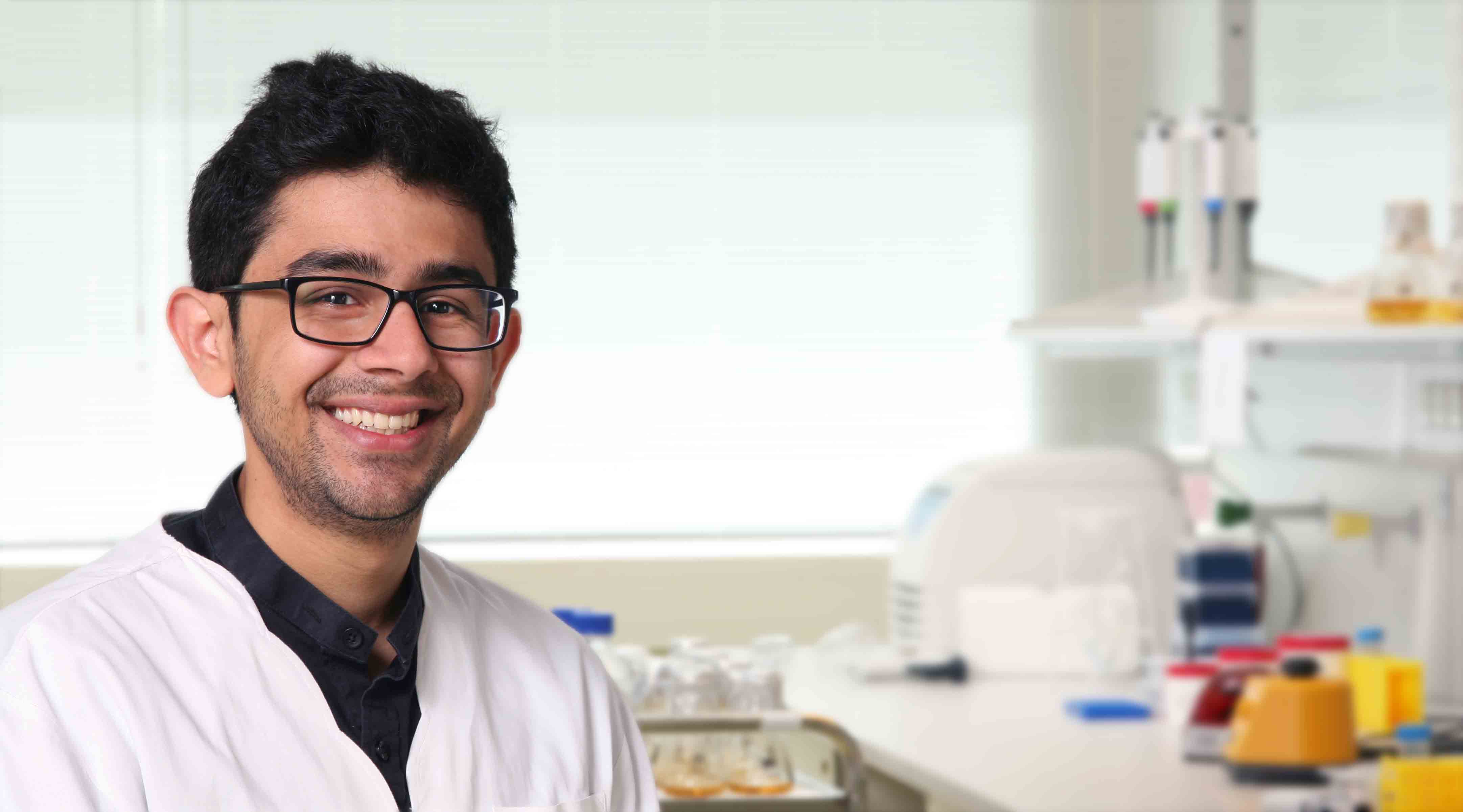Bacteria and fungi may cause fatal pulmonary infections, especially in immuno-compromised patients. A proof-of-principle for the application of an antimicrobial protein (AMP) of fungal origin to treat pulmonary aspergillosis in mice has been reported recently. However, the antifungal effect of this AMP alone or in combination with Amphothericin B prolonged the life of the infected mice only mildly. Therefore, the improvement of the efficacy of AMPs is imperative for a successful new treatment strategy in the future.
(i) AMPs of fungal origin and small antimicrobial peptides (SAMPs) are promising new candidates to treat pulmonary infections. (ii) The antimicrobial efficacy of AMPs and SAMPs can be improved by the exchange of defined amino acids in protein/peptide motifs, identified to regulate the antimicrobial activity. (iii) The application of the AMPs and SAMPs in a nanogel-based formulation can further improve the antimicrobial efficacy of these bio-molecules.
(iv) Their applicability can be effectively studied in an in vitro 3D lung infection model before in vivo tests are approached. (v) The Galleria mevalonella infection model provides important parameters to analyse the in vivo efficacy of this new treatment strategy before a murine infection model is applied.
Fungal AMPs with anti-bacterial and anti-mold activity will be cloned and generated using the P. chrysogenum-based expression system. Promising candidates are: Micasin from Microsporum canis with anti-Pseudomonas aeruginosa activity and PAFB from P. chrysogenum Q176 with anti-A. fumigatus or anti-Scedosporum prolificans activity. In a multidisciplinary approach the stability, the structure and the mode of action of these bio-molecules will be characterized. As areas of limited oxygen availability exist in the lung, the functional mechanisms on the microbial cells under hypoxic conditions will be emphasized. AMP and SAMP variants carrying specific amino acid substitutions will be generated and screened for improved antimicrobial activity in vitro. The growth inhibitory activity will be determined according to the EUCAST standard protocols. The in vitro interaction of these bio-molecules with human immune cells and bronchial epithelial cells will be studied in detail. The most promising candidates that lack in vitro cytotoxicity will be encapsulated into different nano-gels to identify optimal tissue delivery features and drug release conditions. The AMP/SAMP formulations will be screened for improved performance in an in vitro 3D pulmonary infection model.







